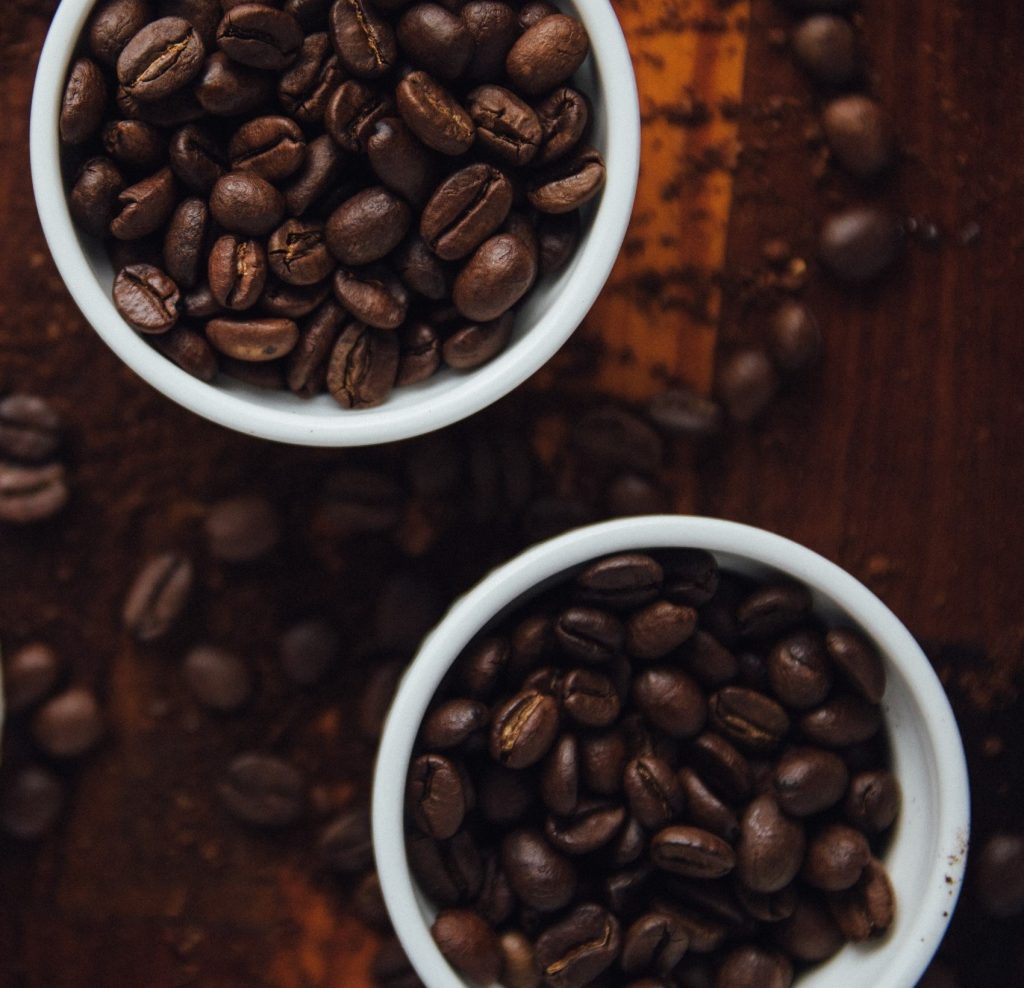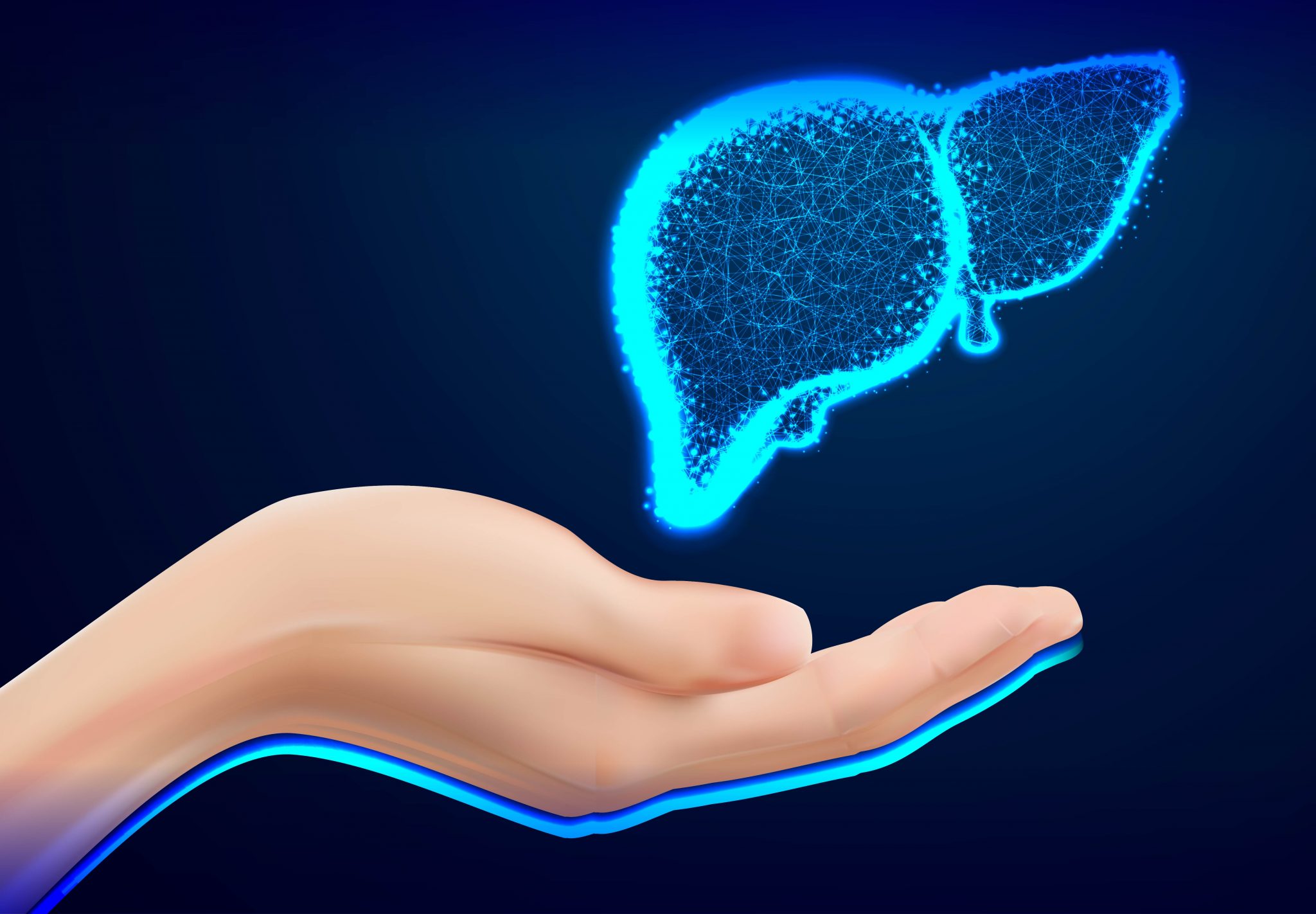What is caffeine?
Caffeine is a chemical substance naturally found in coffee beans, tea leaves and cocoa beans. It is also present in kola beans. Caffeine helps keep us awake and stay alert. In fact, caffeine is the most widely consumed mood-altering drug in the world!
What is the mechanism behind this effect?
Our body produces a chemical called adenosine. When it binds to adenosine receptors in our body, we will feel sleepy because it’ll slow down the neuron activities in our brain.
Did you know that caffeine has a structure similar to adenosine? That’s why caffeine molecules can bind to adenosine receptors to stop the effect of adenosine.
Regular coffee drinkers tend to develop a reversible tolerance to caffeine over time. However, some people are kept awake all night with just a sip of coffee, while some can drink a few shots of espresso without getting any jitters.
Why is this so? Our genes might be able to tell the story.

The Caffeine Gene
The CYP1A2 gene can affect caffeine metabolism in our body, since the CYP1A2 gene codes for the liver enzyme that is responsible for the breakdown of almost all the caffeine we consume.
This gene has two variants, one that is linked us normal caffeine metabolism and the other one that is linked slow caffeine metabolism. Every one of us have two copies of the genes, one from each parent.
People who have two copies of the “normal” variant are able to break down caffeine quickly and experience less effect from the caffeine. They can consume up to 400mg of caffeine a day (one cup of coffee typically contains 70-140mg of caffeine). This is because our body usually eliminates caffeine via the urine several hours after consumption.
If you have one or more copies of the “slow” variant, you require less caffeine to achieve the stimulant effect experienced by normal caffeine metabolisers.
For those who are slow metabolisers, caffeine tend to stay in their body longer. Therefore they can be affected by the caffeine for a period of time. The threshold for adverse effects may also be lower. These effects include accelerated heartbeat, insomnia, restlessness and anxiousness. Some studies have also shown that caffeine consumption is associated with an increased risk of hypertension and impaired fasting glucose in slow metabolisers.

Can I consume coffee regularly if I am a slow caffeine metaboliser?
You can still consume coffee at lower amounts. If you really love coffee, why not try decaf (short form for decaffeinated) coffee, a common alternative for caffeine intolerant individuals?
In decaf coffees, at least 97% of caffeine is removed from the coffee beans, reducing the caffeine content per cup of coffee to 0-7mg, which is much less than caffeinated coffee.
Coffee contains vitamins and minerals too!
In case you’re wondering what can coffee do other than boosting your energy, coffee is actually a source of vitamins B2, B3 and B5 as well as minerals including manganese and potassium. Therefore, do not worry too much for being a regular coffee drinker as long as you consume coffee at a safe amount!
References:
Yang, A., Palmer, A. and de Wit, H. (2010). Genetics of caffeine consumption and responses to caffeine. Psychopharmacology, 211(3), pp.245-257.
Palatini, P., Ceolotto, G., Ragazzo, F., Dorigatti, F., Saladini, F., Papparella, I., Mos, L., Zanata, G. and Santonastaso, M. (2009). CYP1A2 genotype modifies the association between coffee intake and the risk of hypertension. Journal of Hypertension, 27(8), pp.1594-1601.
Caffeineinformer.com. (2019). 20+ Good Health Reasons To Drink Coffee. [online] Available at: https://www.caffeineinformer.com/7-good-reasons-to-drink-coffee [Accessed 27 Jun. 2019].

